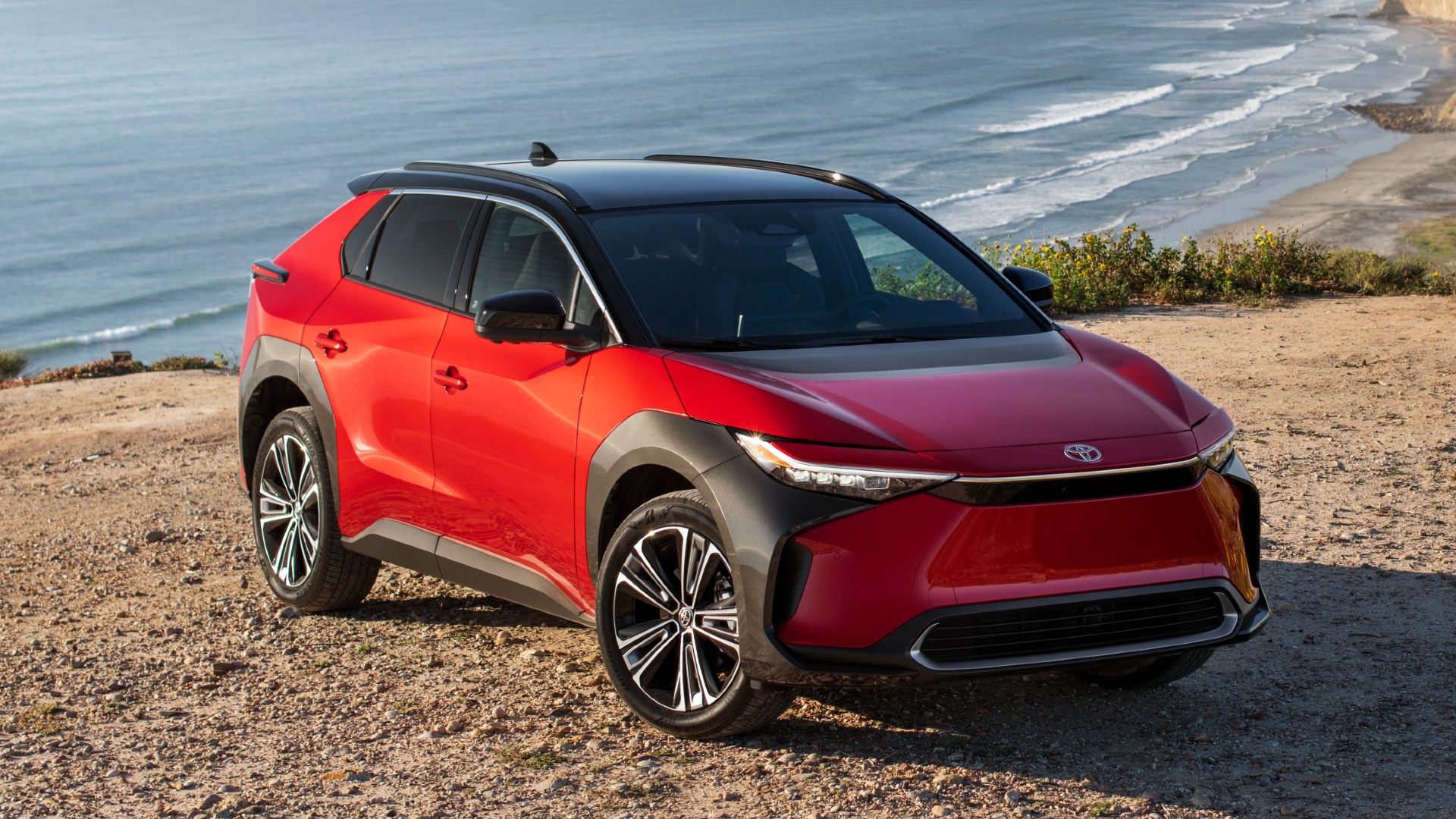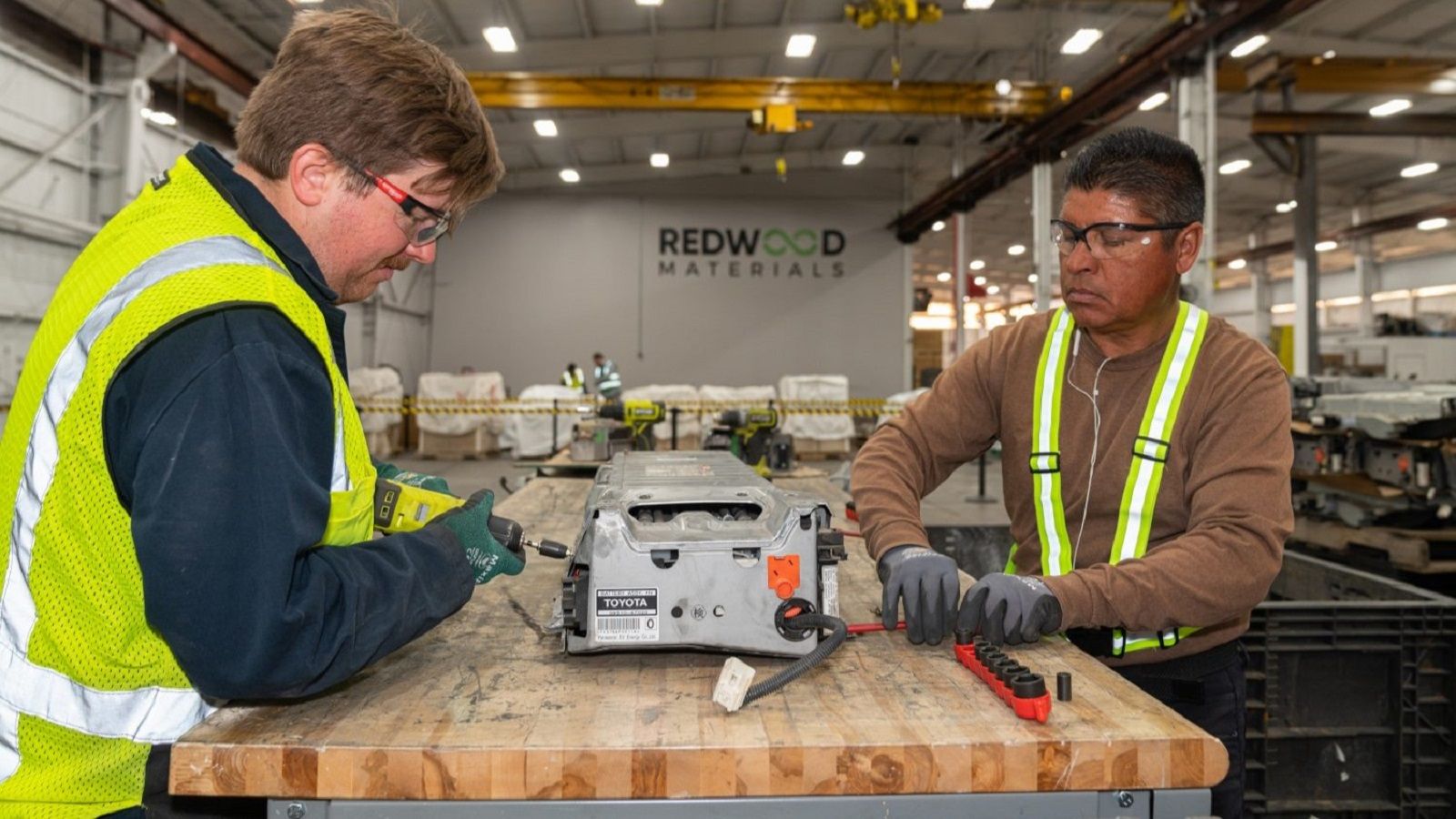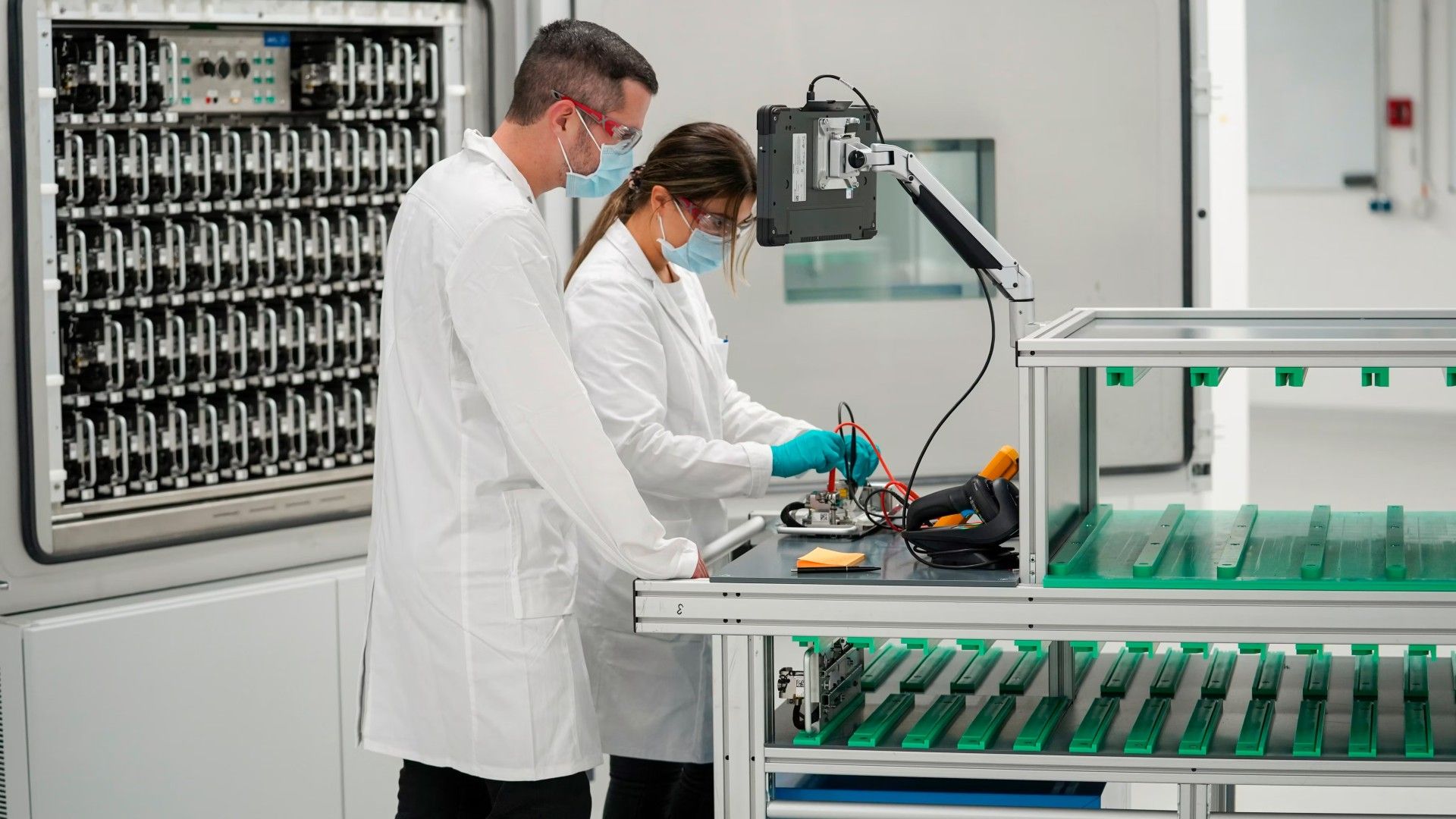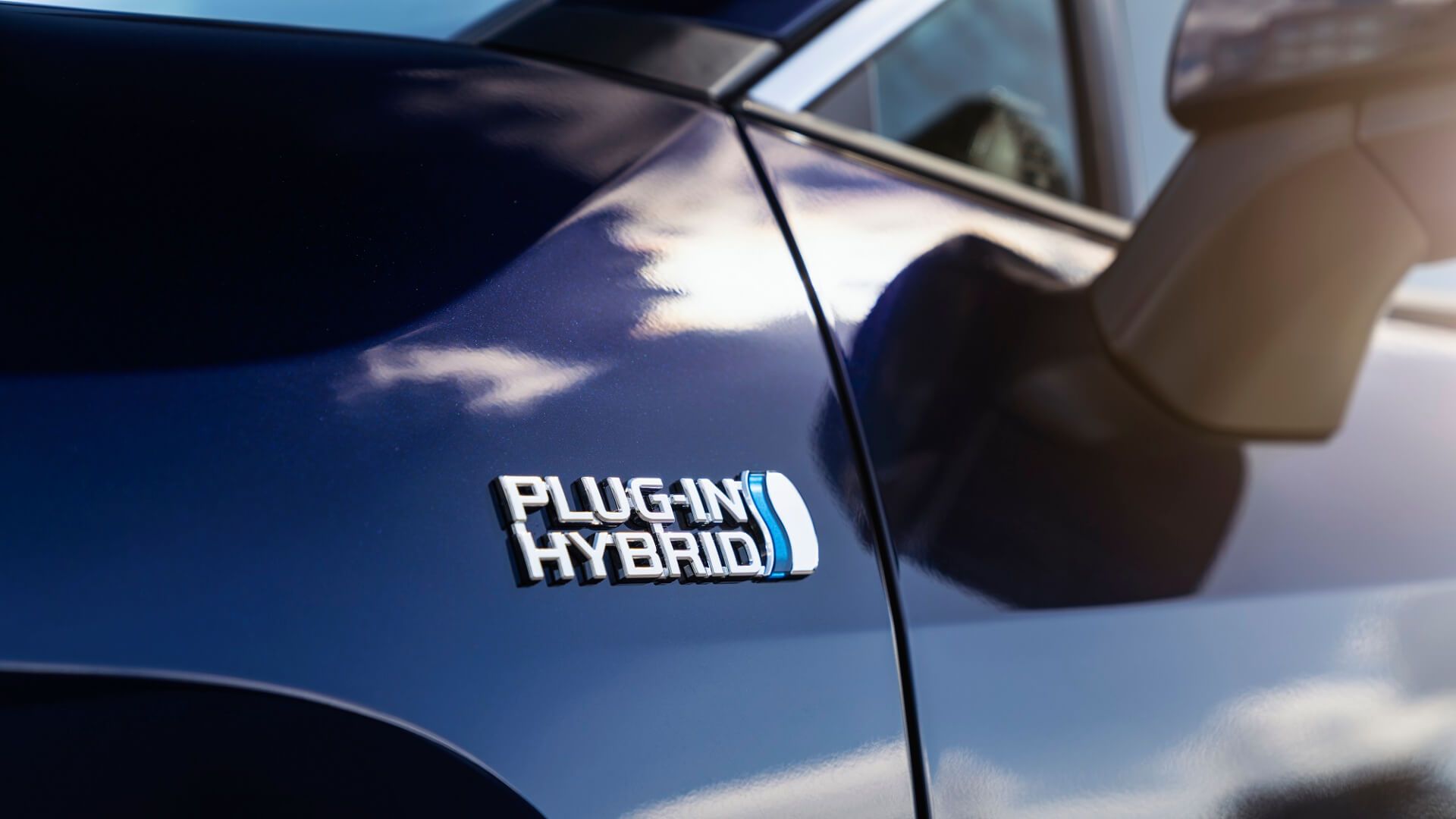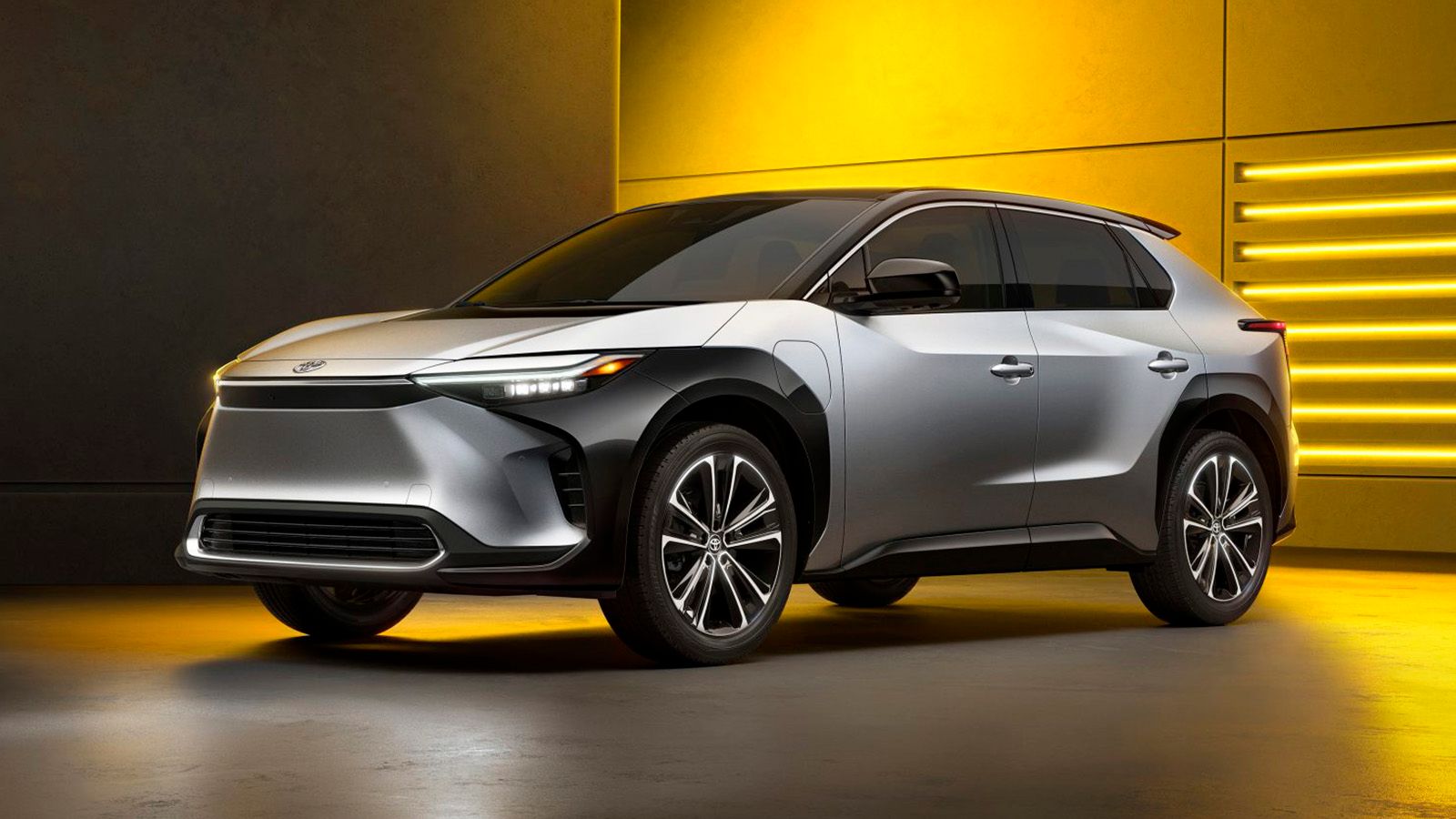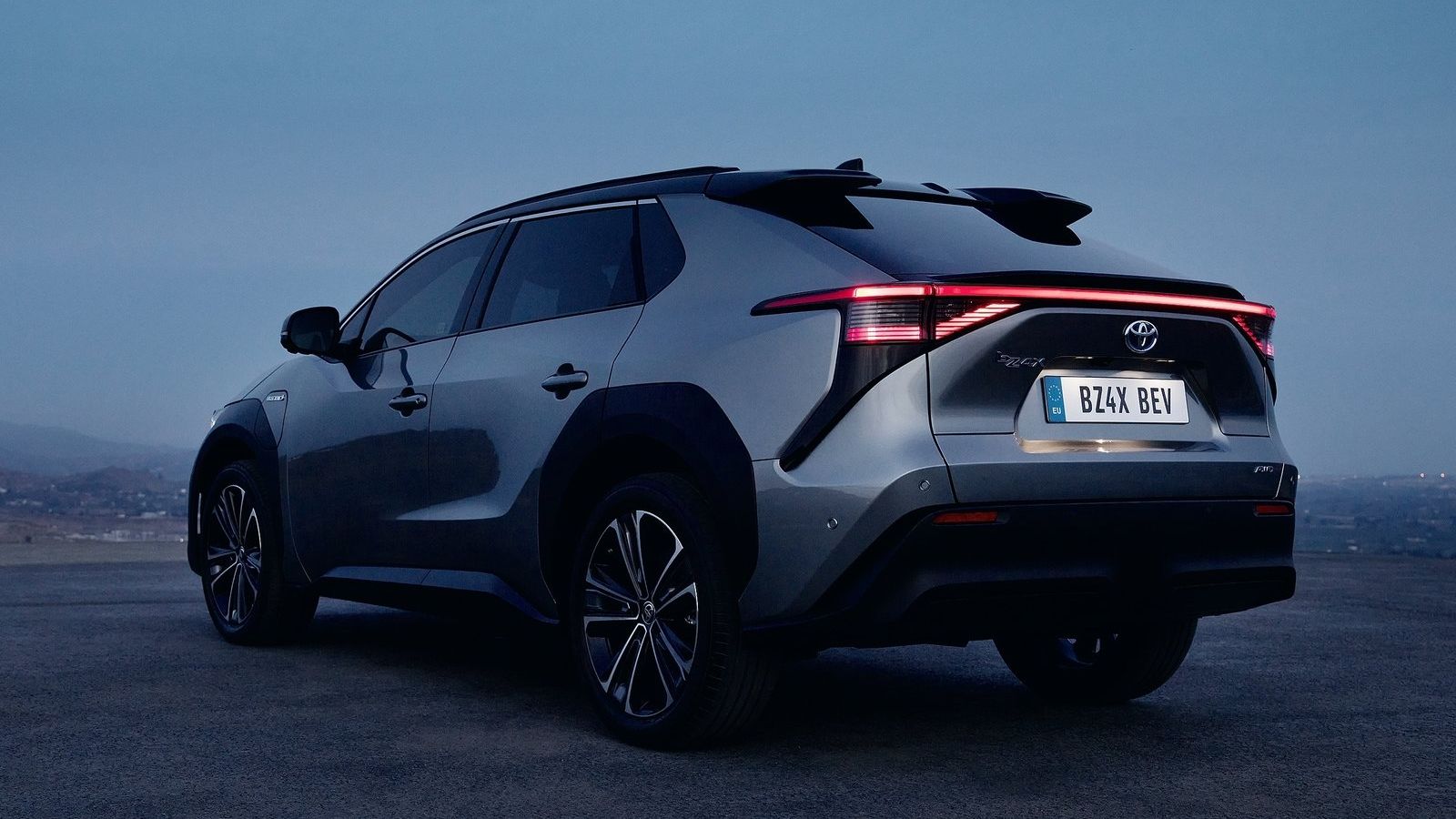Summary
- Toyota is developing a solid-state battery that could achieve an impressive 745 miles on a single charge, without any driving restrictions.
- Solid-state batteries have higher energy density and can be smaller and lighter than other types of batteries, potentially halving the size of EV batteries.
- Toyota is collaborating with Panasonic and has spent billions of dollars in the ongoing effort to make solid-state car batteries viable, but there are still challenges to overcome, including temperature sensitivity and cost.
Toyota has announced that it has a solid-state battery in development that will achieve an astonishing 745 miles on a single charge. Furthermore, Toyota seems to imply that one can get 745 miles with normal driving— its announcements do not come with any disclaimers like “If driven very cautiously without using the heater or the radio.” While solid-state batteries have defied all attempts to force them to work in EVs, Toyota has claimed that this battery will be ready for production by 2025.
Why Does Everyone Want Solid-State Batteries?
Solid-state batteries. which are batteries that store energy in a solid electrolyte rather than a liquid or a paste, are too promising for the auto industry to resist. They have a higher energy density than any other type of battery. In other words (and this may be oversimplifying things a bit), solid-state batteries can store more electricity in less physical space. This makes them lighter and smaller than any other battery type— and the battery is often the heaviest part of an electric car. Indeed, the batteries in EVs can weigh more than the engines they superseded (that’s the battery alone, without including the weight of the motor). A solid-state car battery, if one ever can be made to work, could halve the size of EV batteries.
However, solid-state batteries seem deliberately designed to not work in cars. They don’t handle temperature changes very well, and therefore aren’t suited to being left outside for their entire useful life. They degrade very quickly after being repeatedly drained and recharged— which drivers would notice when the solid-state car “doesn’t seem to get as far as it used to.” Furthermore, they demand more rare-earth metals than other batteries do, which naturally drives up the price.
Toyota Is Collaborating With Panasonic
Rather than developing solid-state batteries in isolation, Toyota is working in partnership with Panasonic. The two companies have over a thousand battery patents (so far). All this development is the result of spending $13.6 billion (as of 2021) in the ongoing attempt to make viable solid-state car batteries. In 2020, the two companies were reportedly experimenting with a sulfur-based electrolyte. This moves the electrons more efficiently than other electrolytes, but it tends to become deformed when drained and recharged. (Like everything else about solid-state batteries, sulfur-based electrolytes seem purposely designed to defy attempts to get them into cars.)
Toyota is far from alone in hiring outside brains for batteries. Nearly every automaker dabbling in solid-state batteries has done so in collaboration with outside companies rather than single-handedly attempting the science. The most unlikely alliance to emerge has been between Ford and BMW, which have jointly invested in a battery company called Solid Power. Elsewhere in the industry, Volkswagen has purchased a stake in a solid-state battery company called QuantumScape. Hyundai has also bought its way into the solid-state game, purchasing part of a company called Factorial Energy.
The First Solid-State Toyotas Will Be Hybrids
The first Toyotas with solid-state batteries will be hybrids rather than purely electric vehicles. Having an internal combustion backup gives Toyota some insurance against battery failure. But perhaps more crucially, hybrids have become a bit of a company signature. This is the company that introduced the world to hybrid cars. Toyota hit pay dirt with the Prius, and in the ensuing years has expanded its hybrid options to include SUVs, and trucks, and is a steady moneymaker for the Corolla and Camry. Toyota didn't invent the hybrid car, but it was the first company to successfully sell one. But in general, Toyota has seemed more hesitant than other companies to make an EV.
However, this attitude does not mark Toyota as the stick-in-the-mud opponent of automotive progress. Instead, it shows that Toyota will not put anything onto dealer lots until it is thoroughly tested. As anyone who has ever flipped through Consumer Reports knows, reliability is Toyota’s primary appeal. Even those who love to take to their keyboards and deride “appliance cars” usually give a begrudging bow of respect to Toyota’s unexciting yet indestructible sedans.
Toyota Has Been Promising A Solid-State Battery For A Long Time
Some skeptics may point out that Toyota has been teasing a solid-state wonder battery for several years with nothing to show for it. While it’s true that Toyota has been issuing announcements about allegedly forthcoming solid-state batteries since a long time, the company has been fairly (if not completely) consistent about a release date of 2025. Other sources state that Toyota will have a car-worthy solid-state battery in 2027 or 2028. Toyota has also been playing loose with its mileage stats, sometimes claiming 745 miles and other times promising 932 miles on a single charge. While it’s easy to fault Toyota for fudging its own production timeline, solid-state batteries have been (as aforementioned) notoriously difficult to put into cars. One can put a deadline on discovery in legal proceedings, but not on science.
Regardless of how many years away Toyota’s solid-state miracle battery lies, observers have noted that Toyota has seemed disinterested in battery-electric vehicles, if not outright opposed to them. Until this year, the company's only EV was a variant of the RAV4 which was discontinued in 2014. In 2023, Toyota finally tiptoed back into the world of electrically powered vehicles with the bZ4X, an SUV that seems to have a barcode instead of a name.
The company’s interests seem to lie in hybrids and hydrogen.
However, Toyota’s apparent EV revulsion seemed to come from former CEO Akio Toyoda, who brought his famously strong distaste for EVs to the boardroom. Sometimes it seems like the hydrogen-powered Mirai is more of a presidential passion project than a viable mass-market car. Under Toyoda’s direction, Toyota has practically led the hydrogen crusade. The current CEO, Koji Sato, has allowed BEVs to reenter the company's future plans.
Will Toyota Ever Make A Solid-State Battery Happen?
Whether Toyota's wonder battery will actually see the light of day remains unknown. As far back as 2019, Toyota claimed that it would show a prototype at the 2020 Tokyo Olympics. As many will recall, the Olympics (and practically every other event scheduled in 2020) were canceled due to the pandemic. When the Olympics finally happened in 2021, Toyota did not show any solid-state battery. While Toyota had never claimed that it would show the world a production-ready battery alongside the competitive gymnasts, it brought nothing to the Olympics when they finally happened the following year. The corporate silence was perhaps more noticeable than Toyota wished it to be.
Solid-state batteries are an interesting move for Toyota. Instead of trying to catch up to the rest of the automotive industry, the company is trying to jump ahead into territory that no automaker has claimed. The push for a solid-state car battery is an abrupt change of character for a company that has resolutely stuck to long-proven designs. Toyota has leaped so far ahead in EVs that even science hasn’t caught up. It is very possible that solid-state car batteries, like the hydrogen combustion engine, may become yet another entry in the long list of technologies that seemed promising but ultimately fizzled out. If solid-state car batteries ultimately prove unviable, it won't be for lack of trying to make them work.

